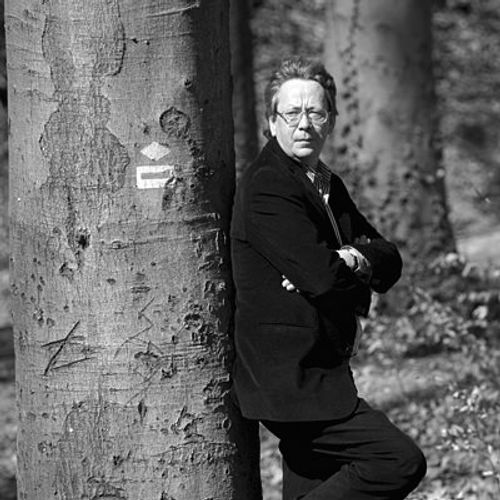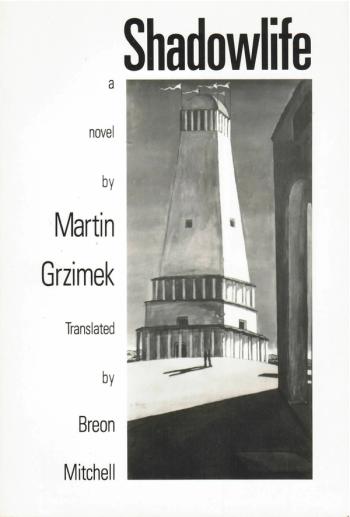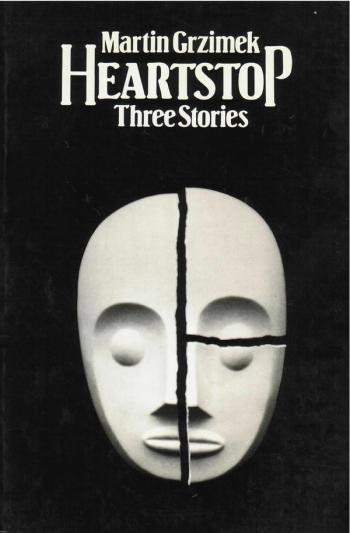In the carefully controlled, homogenized future society evoked in innovative German writer Martin Grzimek’s new novel, Shadowlife, the patterned lives of the characters turn out to be anything but orderly and serene. Ostensibly the perfect bureaucrat, Felix Seyner, top interviewer for the Central Institute for Biographics, writes a long letter to his old love, Felicitas, explaining himself and his choice of the CIB over their relationship. Her reply calls into question the truth of almost everything Felix has revealed. An appended report from the “reliable” government security forces puts yet another spin on the events. In a world where national distinctions have been washed away by an undefined ecological cataclysm, the characters struggle to find identity by both exploiting the system and simultaneously subverting it. As a guide to our collective future, Shadowlife is intriguing, disquieting, and blackly amusing.


